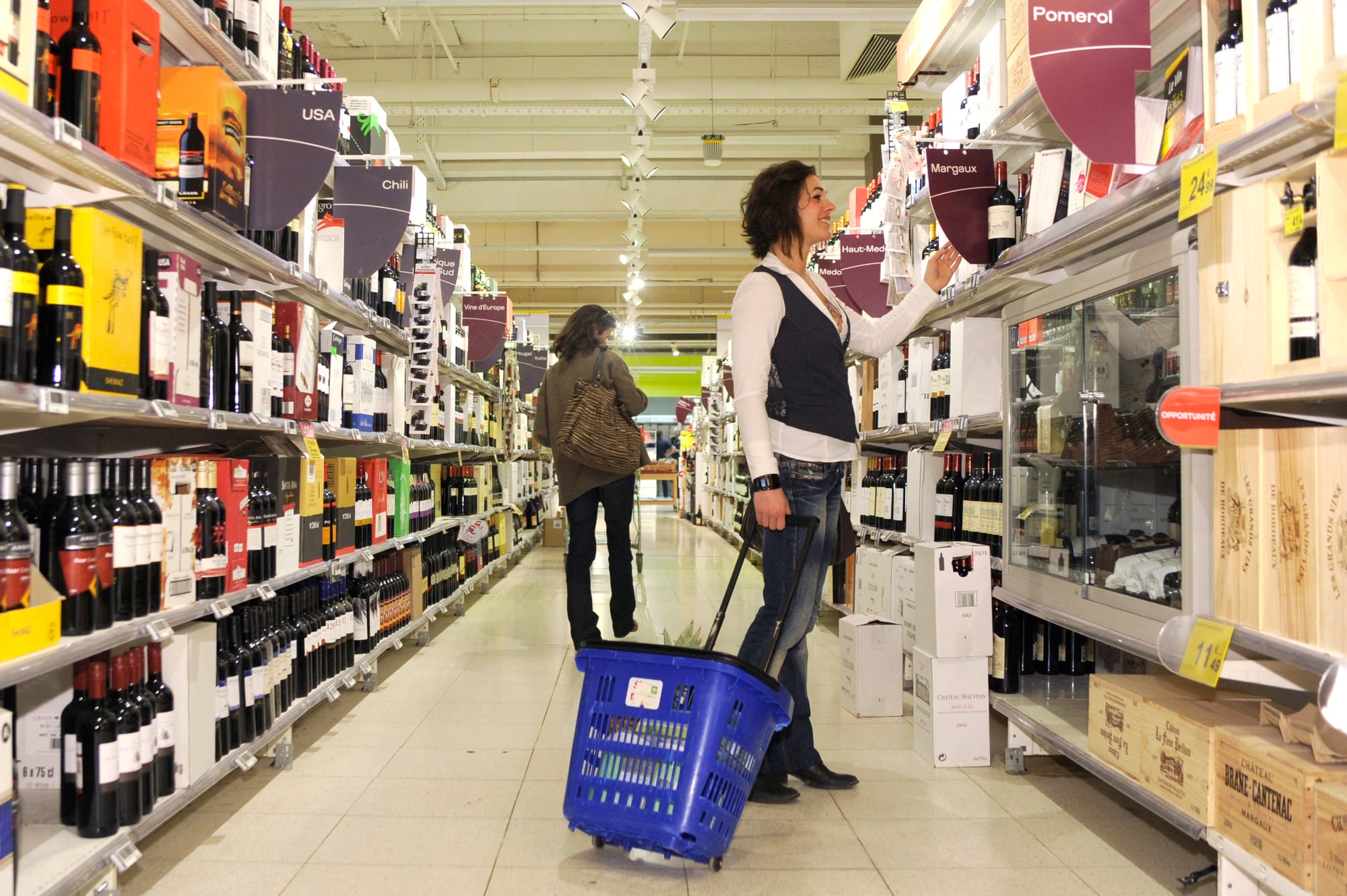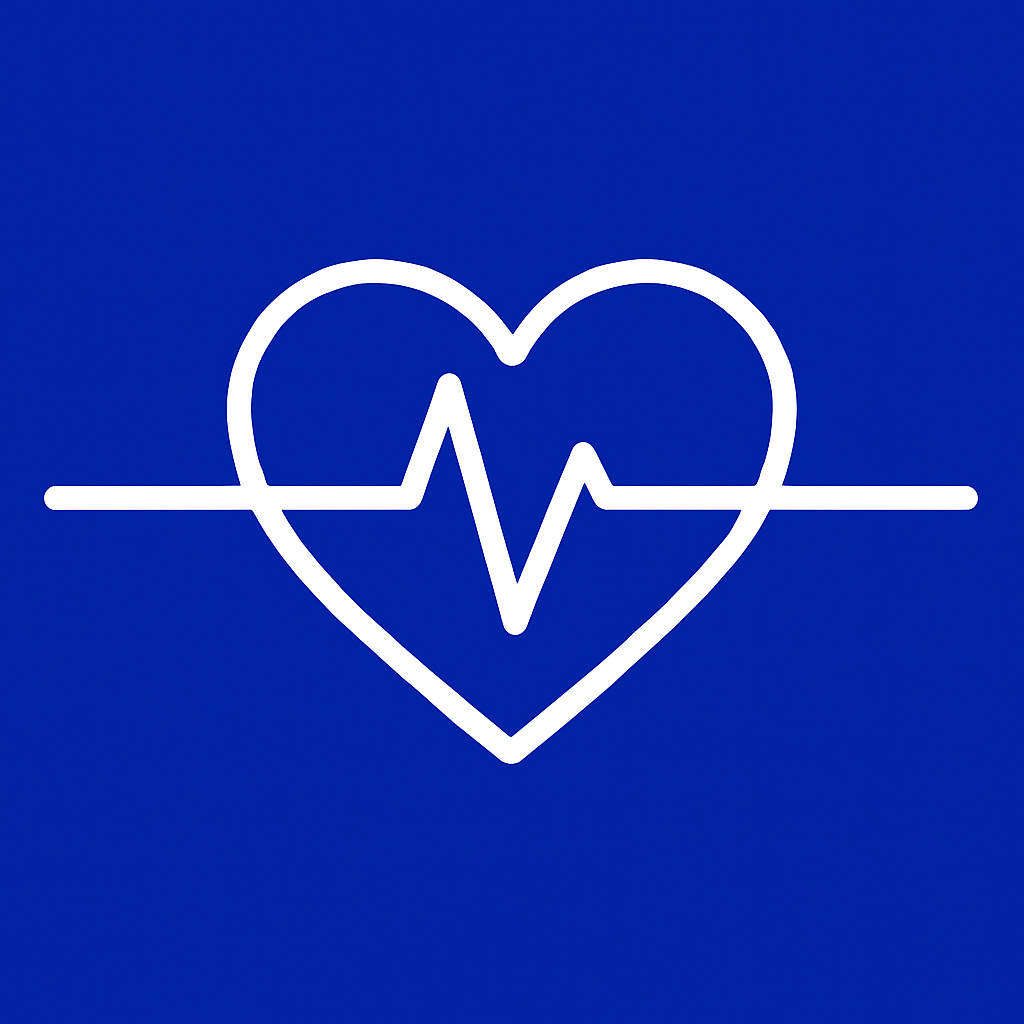Anti-alcohol alliance urges EU to follow through on beating cancer commitments
The European Health Alliance on Alcohol (EHAA) calls for stronger EU action on alcohol-related breast cancer risks

To mark Breast Cancer Awareness Month 2025, the European Health Alliance on Alcohol (EHAA) is calling on the European Union to honour its commitments under the Beating Cancer Plan and take decisive action to address the role of alcohol in breast cancer.
“Reducing alcohol consumption is one of the most effective ways to prevent breast cancer,” the EHAA said. “The EU has a critical role to play in ensuring citizens are informed and protected.”
Growing problem
The European Society for Medical Oncology (ESMO) says that breast cancer today continues to be one of the most common forms of cancer around the globe and one of the leading causes of cancer deaths.
In the European Union (EU), there were an estimated 379,000 breast cancer cases in 2022, contributing significantly to the EU’s overall cancer incidence of approximately 2.7 million cases. Globally, there were over 666,000 breast cancer deaths in 2022, a figure that looks like it could rise to over a million by 2045 if action is not taken.
No level of consumption safe
ESMO says that alcohol is a well-established risk factor for breast cancer and this even applies to women who consume just one drink per day. The breast cancer risk presented by alcohol is independent of beverage type, given that ethanol is the causal agent. The World Health Organization (WHO) considers that no level of alcohol consumption is safe.
EHAA warns that targeted alcohol marketing towards women - through products like “pink gin” and “Mommy wine” - is helping drive this trend. Despite mounting evidence, public awareness of the alcohol–cancer link remains low across Europe.
To strengthen prevention, EHAA urges European policymakers to mandate health warnings on alcoholic beverages about cancer risks. A commitment made in the EU’s Beating Cancer Action Plan, but which has not yet been acted on.
The Alliance also wants to see national campaigns to inform citizens of alcohol’s link to breast cancer and the adoption of gender-sensitive alcohol policies that protect women’s health.
The alliance is made up of 21 organizations, representing over 1.7 million health professionals, reiterated its readiness to work with the EU, Member States, and WHO to reduce alcohol-related cancers and improve public health outcomes across Europe.
